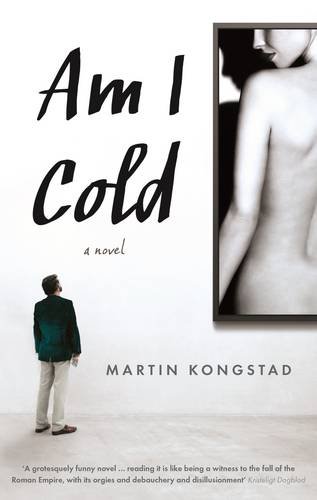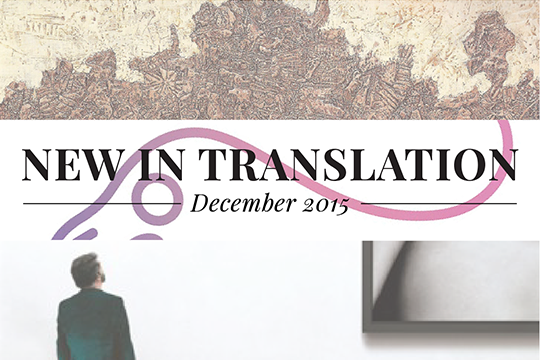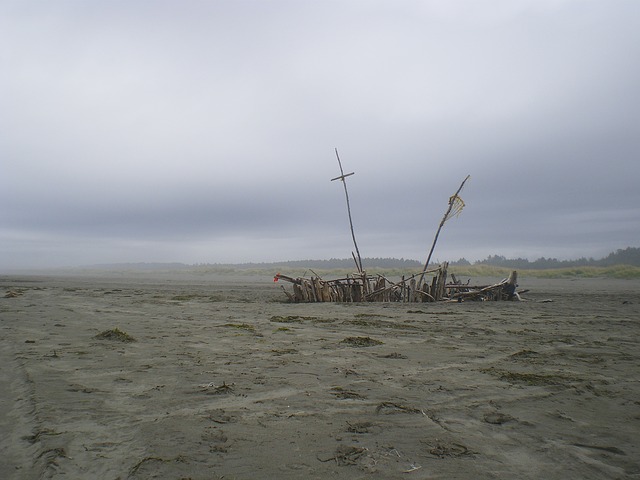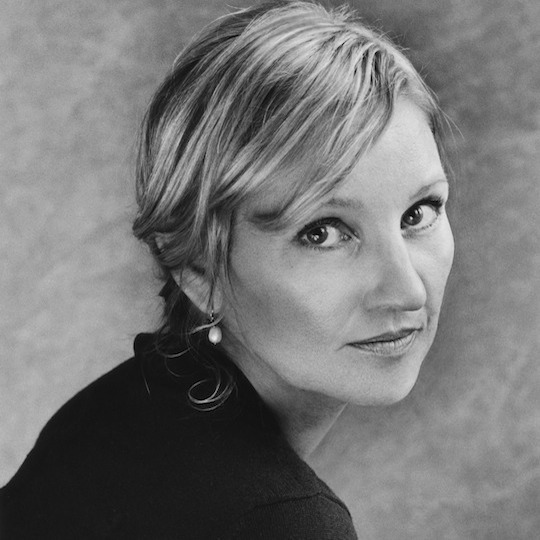Mark Kongstad, Am I Cold (Serpent’s Tail, November 2015). Translated by Martin Aitken—review by Beau Lowenstern, Editor-at-Large Australia

Am I Cold throws you into a world of hedonism and extravagance. It is Danish author Martin Kongstad’s first novel to appear in English, and his second body of fiction after 2009’s short story collection Han Danser På Sin Søns Grav (He Dances on his Son’s Grave). The story follows Mikkel Vallin, a recently-divorced, recently-unemployed writer who—toeing the line between unreliable narrator and protagonist—takes the reader through the moonlit halls of Copenhagen’s artistic elite as he attempts to find existential clarity through a lens of sex, alcohol and debauchery. Loosely held together through Mikkel’s polemic, endeavoring to destroy “coupledom” and the trappings of monogamy, the novel endures in a pre-2008 micro bubble of Denmark and seductively draws you into a chilling, often hilarious world that somehow exists in spite of itself.





